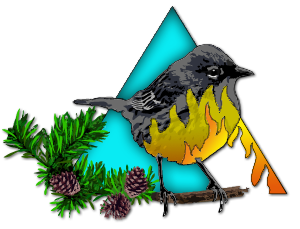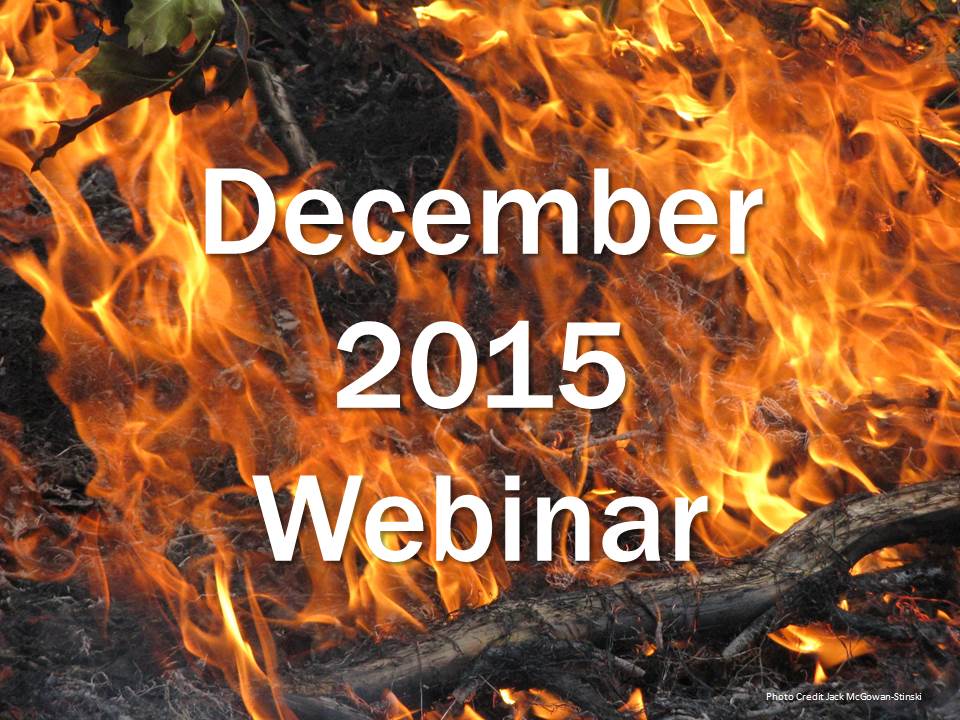Navigation

Upcoming Events
There are no events planned.
2015-2016 Webinar Series

Past and future wildfire as predicted by combustion dynamics and ignition in Lake States ecosystems
Thursday, December 17, 2015 at 2 PM Eastern (1 PM Central)
Richard Guyette
School of Natural Resources
University of Missouri
Missouri Tree Ring Laboratory
203 ABNR Building
Columbia MO 65211
guyetter@missouri.edu
Society is confronted with the effects of climate on wildland fire regimes in ecosystems. As fuel and the reaction environment change with climate modeling becomes a means of prediction and understanding of wildland fire processes. We use ecosystem combustion equations to quantitatively address the effects of changing atmospheric variables on fire probability in the Lake States. Precipitation, temperature, and oxygen are combined with human ignitions to address variance in wildland fire rates. Measured ecosystem fire metrics (fire intervals) in combination with the chemistry and physics of the fire process offer a quantitative method for estimating wildland fire intervals and human influence. Examples of climate and human fire signatures in the Lake States are presented and discussed. Past and future diagrams and maps of fire intervals and probabilities are presented and discussed. Model results are graphed in simulated ‘climate space’ that includes temperature and the dual effects of water on ecosystem combustion. The western region of the Lakes States falls into a ‘precipitation unstable’ fire regime while the eastern region falls into a ‘precipitation insensitive’ region.
MP4 Video
PDF of Presentation

.png)